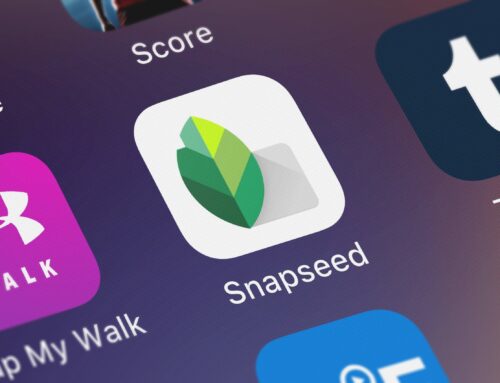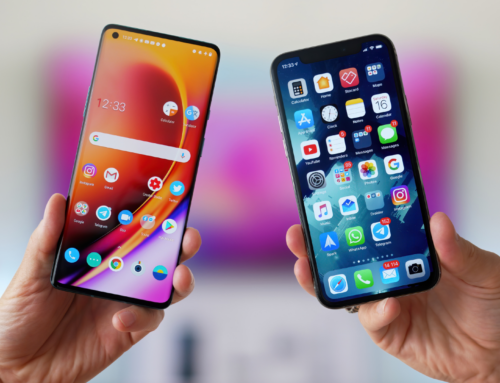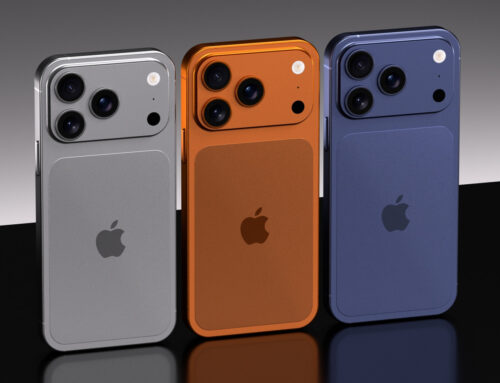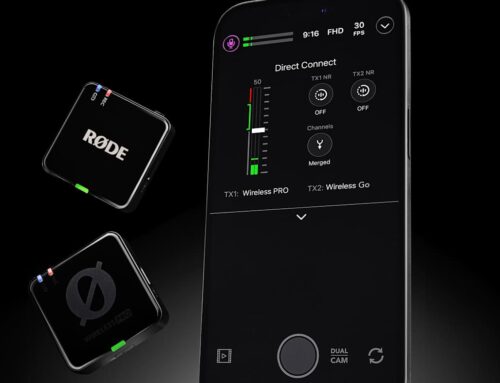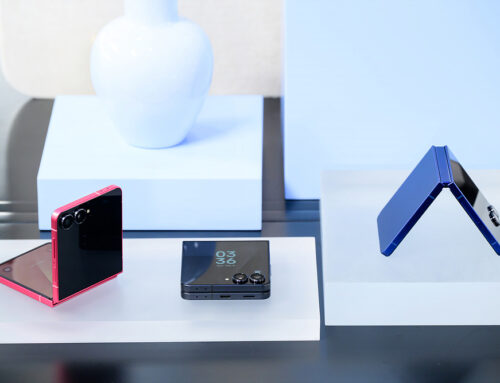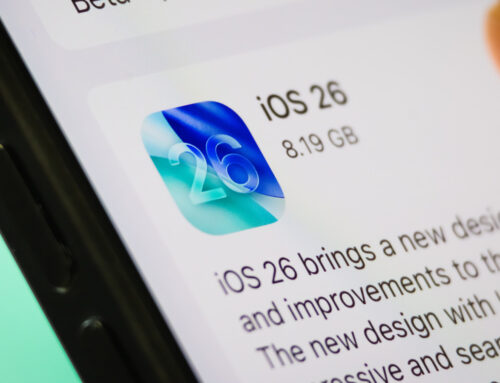
Credit: Micheal Tigas
We all have that app on our home screen that we impulsively open and scroll, even when we wish that we could stop. You can try to deal with this by making your phone less attractive to pick up.
On Android, there are minimalist launchers like 0Launcher, which shows you a list of text instead of icons. The idea is that you’ll only put apps you need to use, like texting or maps, on the home screen. As I wrote last year for PCMag, using this launcher really helped me to think of my phone as a tool for specific jobs instead of a mindless way to waste my time.
I’d love something similar for the iPhone, but sadly, Apple does not allow alternative launchers the way Android does. Enter Dumb Phone, and indie application by developer Micheal Tigas. It works around Apple’s limitations by offering a widget that can list your most-used apps and also offers instructions for making it blend in with the rest of the system. It’s a bit of work to set up, but it does help re-create the sort of minimalist launcher I enjoyed on Android.
You’ll need an iPhone that can handle at least iOS 16.1 to get started. After launching the app, you’ll get a series of instructions for “minimalizing” your home screen. The basic idea: add the widget to your homescreen, change the wallpaper to a black or white color that matches the widget, remove all other icons, and choose the applications you want to show up in the widget.
It’s takes a bit of setup, but the result is a truly minimalist home screen.

Credit: Justin Pot
The widget comes in dark and light mode varities, along with matching wallpaper, and you can orient the text however you like. There’s also the option to create multiple launchers that you can switch between. Anything that’s not in one of your launchers can still be opened using the iPhone’s search feature, so you won’t lose access to your less-essential apps.
There are a few downsides to Dumb Phone, mostly related to the limitations of iOS itself: Opening apps from the widget briefly opens the Dumb Phone app first, which is a little annoying, and only a pre-generated list of apps is supported. (There are instructions for working around this using Apple Shortcuts, but that’s also time consuming.)
All of that said, if you struggle with impulsive smartphone usage, this might be the app for you. You can get started by poking around with the free version for a week; the paid version costs $2.99/month, $9.99/year, or $24.99/lifetime.


